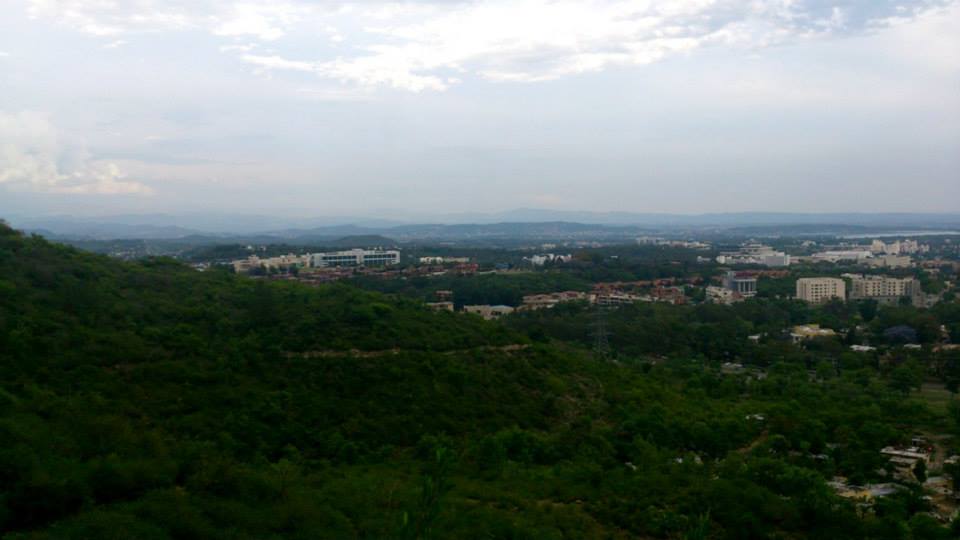
Several University of Utah faculty recently participated in the launch of a new institute for advanced studies and university in Pakistan positioned to serve as "an apex institution designed to support research-based policy formulation." During the December 2018 conference, titled "Emerging Challenges and Opportunities for Pakistan," Prime Minister Imran Khan announced the creation of Islamabad National University. The institution will make its home in the newly-converted Prime Minister's House, a palatial building that formerly served as the Prime Minister's residence. Khan emphasized a commitment to high-quality education and closing the gap between government and the public.
U Professors Steve Burian (Civil Engineering), Rick Forster (Geography), Stephen C. Alder (Public Health), Aslam Chaudhry (Economics) and Norm Waitzmann (Economics) joined in the conference as presenters and discussants alongside government officials and university administrators from Pakistan and China. The group participated at the invitation of Dr. Tariq Banuri, current chairman of Pakistan’s Higher Education Commission, former U professor of Economics and Associate Director of the USAID-funded U.S.-Pakistan Center for Advanced Studies in Water (a joint venture between the University of Utah's Water Center and Mehran University of Engineering and Technology).
"The partnership provides an opportunity for the U to expand its global reach with a willing and capable partner in Pakistan. We look forward to building on the work we've started with USPCASW," noted Dr. Steve Burian. Burian said designs are underway for a long-term partnership that would stimulate collaborations among U researchers and the top researchers in Pakistan on critical areas related to water, energy, food security, public health, and sustainable development.
Dr. Aslam Chaudhry, Chief of Party and Deputy Project Director for USPCASW, and Research Professor of Economics at the U, closed the conference with a summary of recommendations compiled from all discussions in four key areas: Governance, Development, Climate, and Technology. "All of these themes are closely interconnected," said Chaudhry. "Progress in one area will yield a positive impact on the others, while [the] reverse is true as well."
Chaudhry went on to note that participants indicated climate change and a rapidly increasing population to be chief among challenges to be addressed by the new university. Over 150 recommendations were identified, which will be made available in the Annual Report submitted by the Institute of Advanced Studies to the Government of Pakistan. Key recommendations focused on a push for greater transparency in government, expansion and provision of social services through improved urban planning and economic management, more research on both prediction and adaption in regards to the climate-water-food-energy-society nexus, and increased applied research on technological innovation for economic development.
"The proposed policy and research agenda is huge and complex. The government commitment is vital but insufficient on its own. To this end, emphasis should be on creating an environment within which government, academia, the private sector, diaspora, and other stakeholders can work together to make development inclusive and sustainable, and in ensuring accountability for commitments made," said Chaudhry.
PHOTO | Overlooking Islamabad. Courtesy Azhar Zaheer.
